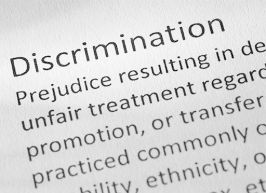Join getAbstract to access the summary!

Join getAbstract to access the summary!
L. Glenise Pike
The Antiracism Starter Kit
A Where Change Started Action Guide
Where Change Started, 2020
What's inside?
Understand concepts and gain tools to start the journey of becoming antiracist.
Recommendation
An increasing number of white Americans are seeking to understand structural racism and their own part in it. L. Glenise Pike – founder and executive director of the antiracism education platform Where Change Started – offers a brief handbook on the basics of antiracism. Readers will find an introduction to concepts, self-study worksheets and a simple, actionable agenda for moving forward.
Summary
About the Author
L. Glenise Pike is the creator and executive director of Where Change Started, an antiracism education platform inspiring individual action and accountability in the fight to end racial inequality and social injustice.




















Comment on this summary